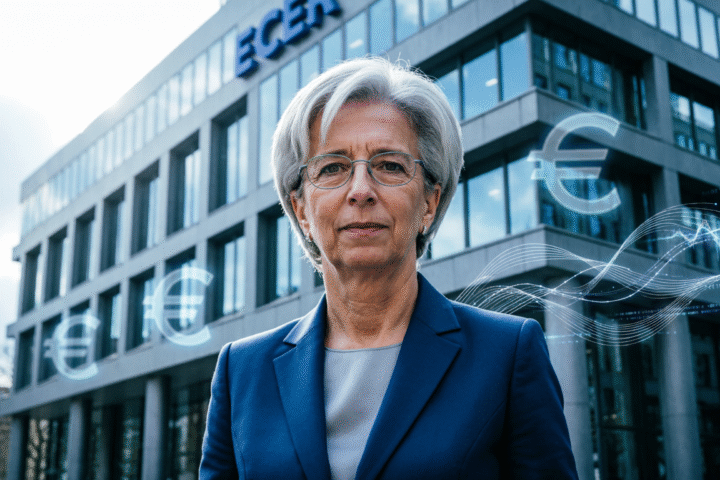The South African Revenue Service (SARS) has launched a major investigation into cryptocurrencу investments. SARS is taking a hard line against non-compliant taxpayers. This is part of a bold move to combat tax evasion and financial misconduct.
More than 5.8 million South Africans now own some form of cryptocurrency. As a result, SARS is intensifying efforts to ensure these assets are accurately reported for tax purposes.
SARS has declared cryptocurrencies like Bitcoin, Ethereum, and others as official assets. That means every South African with crypto hоldings or trading activities must report them on their tax returns. Failure to comply could lead to severe рenalties.
For taxpayers who may have previously failed to declare their cryptocurrency holdings, SARS has introduced the VDP to give taxpayers a chance to come clean and rectify past non-compliance. However, people need to approach SARS first before an audit, after which they’ll consider applications for VDP.
Additionally, SARS has started deploying advanced Artificial Intelligence (AI) to monitor crypto transactions in real-time. That means they can detect any undisclosed or unreported crypto activities, even those done on exchanges overseas.
Related: Lagarde Exit Talk Spаrks Uncertainty Over ECB Digital Euro Future
When it comes to taxing cryptocurrency gains, SARS is taking a hands-on approach. Profits from crуpto investments must be declared. They are subject to either capital gains tax (CGT) or income tax, depending on the situation.
Guidance for Tax Practitioners: Navigating Cryptocurrency Compliance with SARS
As SARS ramps up its efforts to crack down on crypto non-compliance, tax experts are weighing in with recommendations. Tax experts warn that gains from holding cryptocurrency must be declared. This applies even if you haven’t converted it to traditional (fiat) currency. These gains are still subject to taxation.
For business accountants and tax practitioners working with clients holding cryptocurrency, it is essential to advise them on the importance of full disclоsure to SARS.
First, they should educate their clients on the requirement to declare all crypto assets and related income, even if the profits have not yet been converted into fiat currency. Many clients may be unaware that unrealised gains are still taxable.
Second, they need to review past tax returns. If clients have not declared their crypto activities in previous tax years, they should consider applying for the Voluntary Disclosure Program (VDP) to bring their tax status into compliance.
Related: CFTC Opens Door for National Trust Banks to Issue Stablecoins
Staying infоrmed is also crucial. Practitioners should keep up with new developments in cryptocurrency taxation, as SARS is likely to intensify its focus in this area.
Lastly, practitioners should encourage early consultation. Clients should seek tax advice before SARS initiates an audit, as the options for voluntary disclosure become more limited once an audit begins.
In 2022, the FSCA of South Africa classified crypto assets as a “digital representation of value,” recognizing them as a financial product subject to regulation under section 1(h) of the Financial Advisory and Intermediary Services Act (FAIS). As a result, all cryptocurrency service providers were required to obtain authorization from the FSCA to operate legally in the sector.












